Ministry of Science & Technology
Policy to Practice
Harnessing Biotechnology for a Greener Tomorrow
Posted On:
24 FEB 2025 4:39PM by PIB Delhi
Introduction
Biotechnology is emerging as a transformative force in addressing global challenges related to environmental sustainability and energy conservation. By leveraging cutting-edge innovations in bio-manufacturing, bioresources, and bioenergy, India is actively advancing its commitment to green growth and a sustainable future. The Department of Biotechnology (DBT) has been at the forefront of driving policy reforms and research initiatives aimed at fostering a bio-based economy that aligns with the nation's environmental and economic goals.
Policy Reforms Driving Biotech Advancements
Recognizing the potential of biotechnology to revolutionize key sectors, the Government of India has introduced several landmark policy reforms:
BioE3 (Biotechnology for Economy, Environment, and Employment) Policy
Approved on August 24, 2024, this policy aims to accelerate innovation-driven research and entrepreneurship in high-performance biomanufacturing.
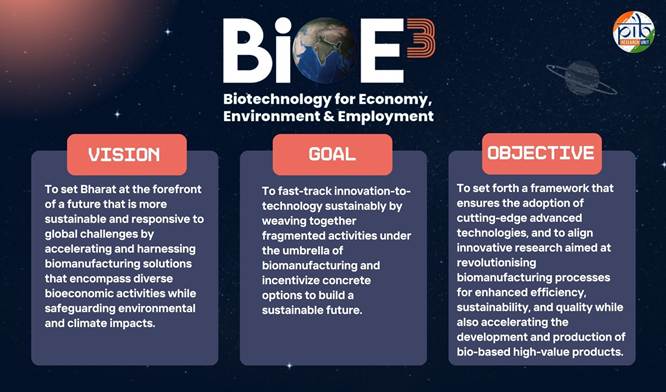
Benefits of BioE3[1]
- Positioning India as a Global Biomanufacturing Hub.
- Steer India on the path of accelerated Green Growth.
- To fast-track innovation to technology sustainably.
- Drive employment and intensify entrepreneurial momentum.
- Achieve bioeconomy targets and national economic goals for 2047.
- Create a Bio-Vision for Bharat.[2]
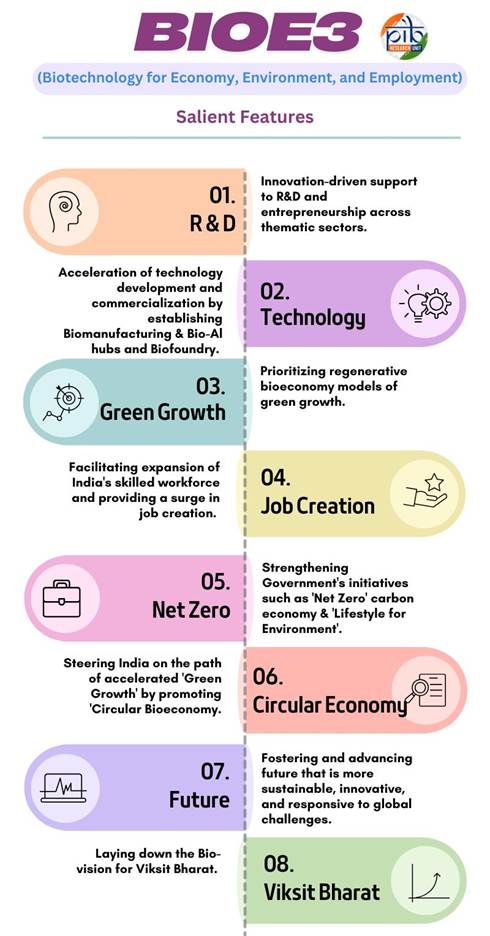 [3]
[3]
Biotechnology Research Innovation and Entrepreneurship Development (Bio-RIDE)
This scheme consolidates previous DBT initiatives into a single framework, with a budget allocation of Rs 1,500 crore. Bio-RIDE aims to accelerate research, enhance product development, and bridge the gap between academic research and industrial applications. The scheme is part of the Government of India’s mission to harness the potential of bio-innovation to tackle national and global challenges such as healthcare, agriculture, environmental sustainability, and clean energy.
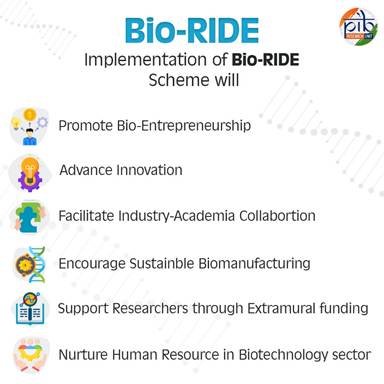 [4]
[4]
India’s First Biomanufacturing Institute (BRIC-NABI)
The establishment of the BRIC-National Agri-Food Bio-Manufacturing Institute (BRIC-NABI) marks a significant milestone in India's agricultural biotechnology landscape. This newly established entity aims to streamline the journey from research to commercialization, facilitating pilot-scale production and delivering innovative Agri-tech solutions to the market.
[5]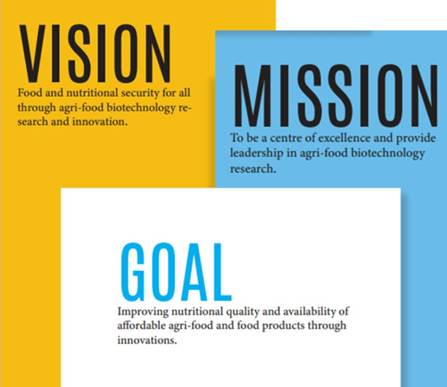
i3c BRIC RCB PhD Program
Launched in 2024, this PhD initiative aims to build a highly skilled workforce with a problem-solving approach to address societal needs. The programme will foster greater academic and research interaction among the institutions of the DBT BRIC (iBRICs), RCB and ICGEB, and will increase the professional networking opportunities for the Ph.D. scholars. With its first call opened in June 2024, a total of 58 students have been enrolled in its very first batch.
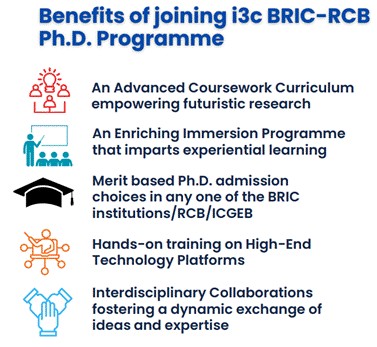 [6]
[6]
Emerging Frontiers in Biotechnology (EFB) Program
The Emerging Frontiers in Biotechnology (EFB) program of DBT is designed to promote innovative and high-risk research in emerging areas of biotechnology. It aims to address cutting-edge scientific challenges and create new knowledge and technologies that could have significant societal and economic impacts.157 innovative projects have been supported so far across 73 institutions nationwide, spanning 21 states.
Key Achievements in Bioenergy and Environmental Conservation
India’s commitment to bio-innovation is yielding tangible results in bioenergy, bioresources, and environmental restoration:
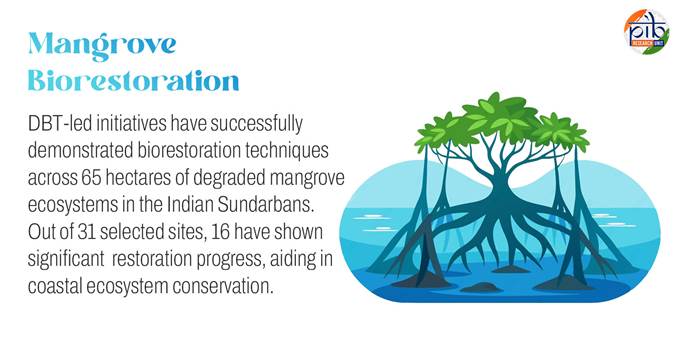
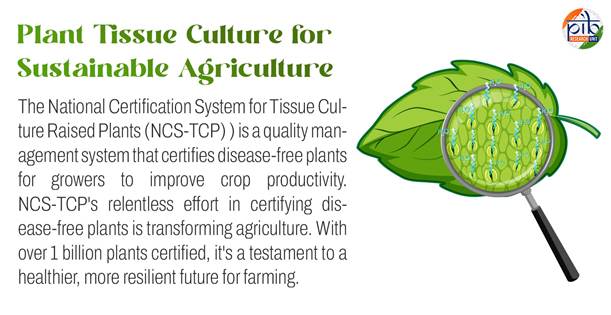
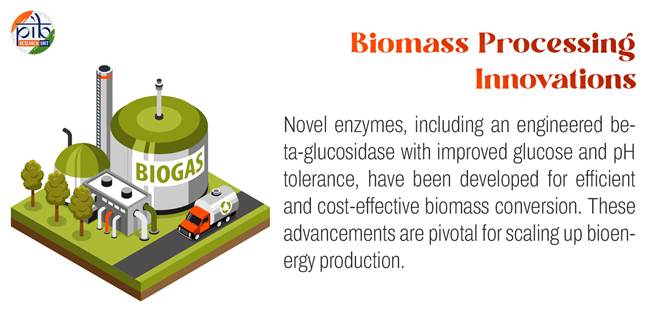
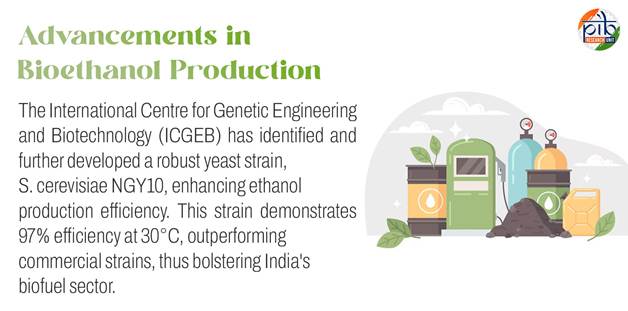
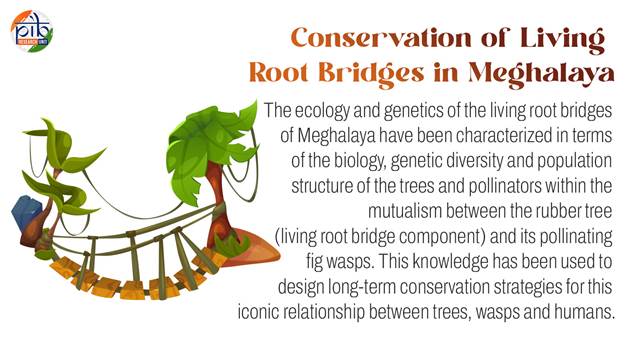
Conclusion
The integration of biotechnology into environmental and energy conservation efforts is paving the way for a sustainable future. Through progressive policy reforms, strategic investments, and groundbreaking research, India is strengthening its bioeconomy while addressing critical environmental challenges. As biotechnology continues to evolve, it holds immense potential to drive economic growth, foster ecological balance, and ensure energy security for future generations.
References
https://x.com/moesgoi/status/1827381922844065876/photo/2
https://x.com/PIB_India/status/1836354791506919516/photo/1
Bio E3 brochure: https://dbtindia.gov.in/publications
Annual Report 2022-23 https://nabi.res.in/cms?slug=annual-reports
Click here to see PDF.
******
Santosh Kumar/Sarla Meena/ Madiha Iqbal
(Release ID: 2105774)
Visitor Counter : 3823